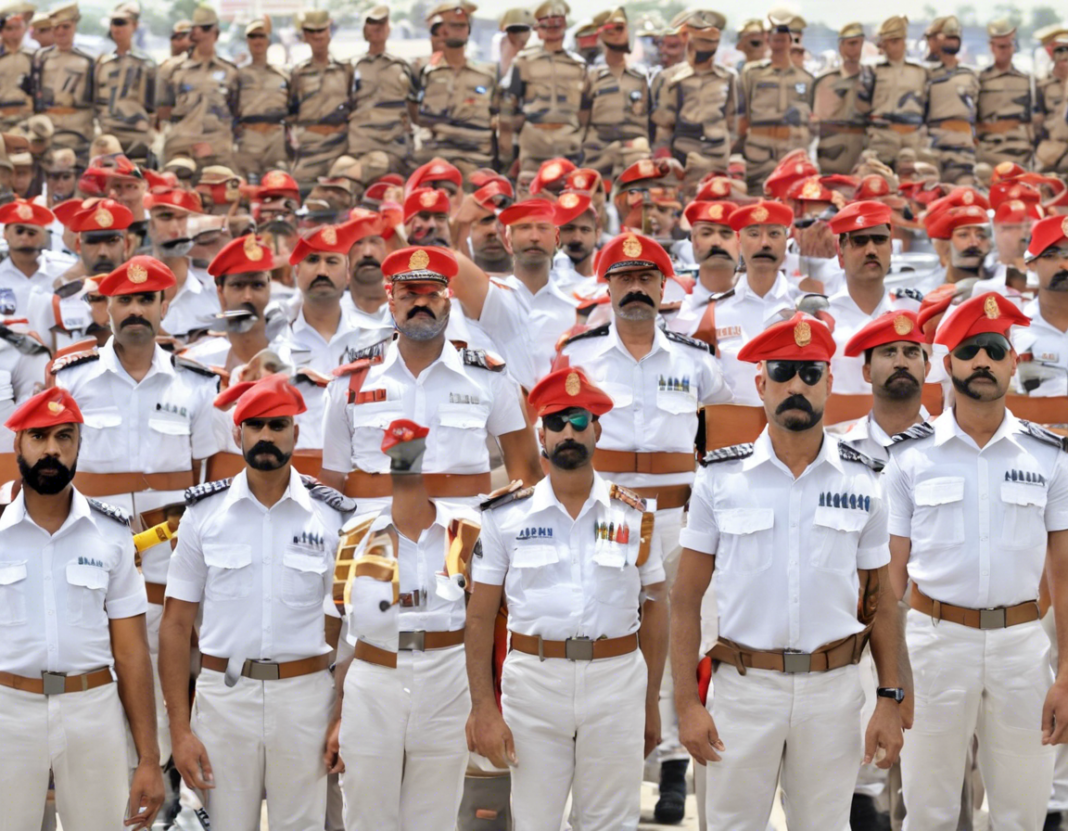CISF, or the Central Industrial Security Force, is a prominent paramilitary security agency in India that was established in 1969. The primary function of the CISF is to provide security cover to major critical infrastructure installations such as airports, seaports, power plants, and nuclear installations across the country. In this blog post, we will delve deeper into the role, functions, recruitment process, and frequently asked questions about the CISF.
What is the Role of the CISF?
The Central Industrial Security Force plays a crucial role in ensuring the security and safety of vital installations in India. Some of the key responsibilities of the CISF include:
-
Security of Industrial Units: CISF provides security cover to industrial units and other establishments located all over India.
-
Security at Airports: CISF is responsible for security at all major airports in the country to ensure the safety of passengers and airport infrastructure.
-
Security at Seaports: The CISF also safeguards important seaports to prevent unauthorized access and ensure the smooth functioning of maritime activities.
-
Security of Government Installations: The force is deployed to secure various government installations, including nuclear power plants, sensitive government buildings, and historical monuments.
Functions of the CISF
The CISF performs various functions to maintain law and order and ensure the security of critical infrastructure. Some of the primary functions of the force include:
-
Access Control: CISF personnel regulate access to sensitive areas, ensuring that only authorized personnel are allowed entry.
-
Surveillance: The force conducts regular patrolling and surveillance to prevent security breaches and detect any suspicious activities.
-
Crowd Management: During events or emergencies, CISF personnel manage crowds efficiently to maintain order and security.
-
Fire Fighting: CISF personnel are trained in fire-fighting techniques to respond to emergencies swiftly and effectively.
-
Bomb Detection: The force is equipped to handle bomb threats and conducts regular drills for bomb detection and disposal.
Recruitment Process in CISF
For individuals interested in joining the Central Industrial Security Force, the recruitment process follows certain guidelines and procedures:
-
Eligibility: Candidates must meet certain eligibility criteria regarding age, education, and physical fitness.
-
Written Exam: Applicants have to clear a written examination that tests their knowledge of general awareness, reasoning, and technical subjects.
-
Physical Efficiency Test: A physical fitness test is conducted to assess the candidate’s physical capabilities.
-
Medical Examination: Candidates undergo a medical examination to ensure they meet the required health standards.
-
Training: Once selected, recruits undergo rigorous training in various aspects of security and law enforcement.
Frequently Asked Questions (FAQs) about CISF
-
What is the full form of CISF?
Central Industrial Security Force -
What are the ranks in CISF?
The ranks in CISF include constable, head constable, assistant sub-inspector, sub-inspector, inspector, assistant commandant, deputy commandant, commandant, deputy inspector general, inspector general, and director general. -
What is the salary structure in CISF?
The salary structure in CISF varies based on the rank and pay scale of the personnel. It includes basic pay, allowances, and other benefits. -
What are the key responsibilities of CISF personnel?
CISF personnel are responsible for protecting critical infrastructure, ensuring access control, conducting surveillance, managing crowds, and responding to emergencies. -
Can CISF personnel carry weapons?
Yes, CISF personnel are trained in the use of weapons and carry firearms to enable them to respond effectively to security threats. -
How can one apply to join CISF?
Interested candidates can apply for CISF recruitment through the official website of the force or through designated recruitment centers. -
Is CISF a part of the Indian Armed Forces?
No, CISF is a paramilitary force that comes under the Ministry of Home Affairs and is responsible for industrial security. -
Does CISF provide security only to government installations?
No, in addition to providing security to government installations, CISF also secures private industries, airports, seaports, and other critical infrastructure. -
What is the training period for CISF recruits?
The training period for CISF recruits varies depending on the rank and role. It includes basic training in security protocols, physical fitness, weapon handling, and crowd management. -
How does CISF contribute to national security?
CISF plays a crucial role in safeguarding critical infrastructure and ensuring the security of key installations, thereby contributing to national security and public safety.
In conclusion, the Central Industrial Security Force plays a vital role in safeguarding critical infrastructure and maintaining law and order across the country. Through its dedicated personnel and rigorous training programs, CISF continues to uphold its commitment to security excellence in India.

